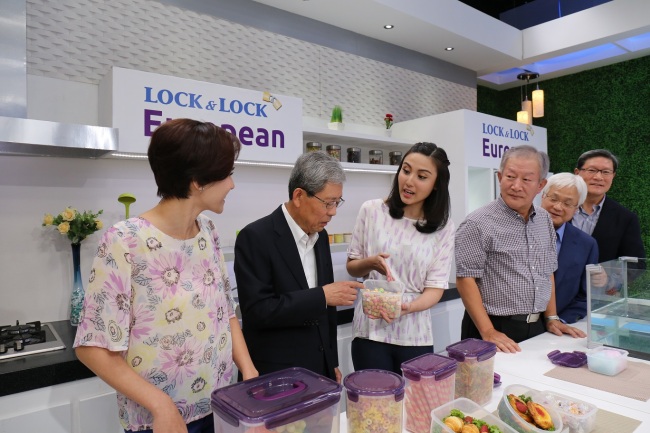South Korean stocks may suffer further losses next week as foreign investors are likely to maintain their net selling position amid rising concerns about the global economy, analysts said Saturday.
The benchmark Korea Composite Stock Price Index finished at an eight-month low of 1,900.66 on Friday, down 2.07 percent, or 40.26 points, from a week earlier.
The drop came as the U.S., European and Chinese economies are showing signs of slower than expected growth, offsetting the Bank of Korea's key interest rate cut to a record low of 2 percent.
Market watchers said the bourse lacked upward momentum this week as investors took a wait-and-see approach ahead of corporate earnings report season next week and amid mixed signals from the United States.
Analysts predicted that while there may be some bargain hunting to push up the stock market next week, the overall trend will be a further dip below the psychologically-important level of 1,900 points.
"The market in the past responded to small issues, but overall uncertainty surrounding the global economy seems to be swaying the stock prices at present," said Lim Dong-rak, a researcher at Hanyang Securities Co.
He said that under these conditions, there is little chance of the KOSPI recovering lost ground unless there is a sharp turnaround in economic data or a move by the Seoul government to drastically prop up the economy.
Lim, in particular, expected foreign investors to continue to offload shares for the most part.
"The overall weakness may continue at least up until late this month when the Federal Open Market Committee meets to discuss how it will respond to new developments," he said.
There has been speculation that, in light of slower than anticipated growth, the Fed may extend its bond-buying economic stimulus program.
Others such as Kang Hyun-gie, an analyst at I'M Securities & Investment Co., said the Korean stock market is currently undergoing a correction period with the benchmark index better reflecting overall economic fundamentals. He, too, said that the KOSPI will face an additional drop at least for the time being.
KDB Daewoo Securities said that South Korea's producer prices, China's third-quarter growth figures and the U.S. consumers' price index to be released next week need to be monitored carefully for indications of where the market is heading. (Yonhap)
The benchmark Korea Composite Stock Price Index finished at an eight-month low of 1,900.66 on Friday, down 2.07 percent, or 40.26 points, from a week earlier.
The drop came as the U.S., European and Chinese economies are showing signs of slower than expected growth, offsetting the Bank of Korea's key interest rate cut to a record low of 2 percent.
Market watchers said the bourse lacked upward momentum this week as investors took a wait-and-see approach ahead of corporate earnings report season next week and amid mixed signals from the United States.
Analysts predicted that while there may be some bargain hunting to push up the stock market next week, the overall trend will be a further dip below the psychologically-important level of 1,900 points.
"The market in the past responded to small issues, but overall uncertainty surrounding the global economy seems to be swaying the stock prices at present," said Lim Dong-rak, a researcher at Hanyang Securities Co.
He said that under these conditions, there is little chance of the KOSPI recovering lost ground unless there is a sharp turnaround in economic data or a move by the Seoul government to drastically prop up the economy.
Lim, in particular, expected foreign investors to continue to offload shares for the most part.
"The overall weakness may continue at least up until late this month when the Federal Open Market Committee meets to discuss how it will respond to new developments," he said.
There has been speculation that, in light of slower than anticipated growth, the Fed may extend its bond-buying economic stimulus program.
Others such as Kang Hyun-gie, an analyst at I'M Securities & Investment Co., said the Korean stock market is currently undergoing a correction period with the benchmark index better reflecting overall economic fundamentals. He, too, said that the KOSPI will face an additional drop at least for the time being.
KDB Daewoo Securities said that South Korea's producer prices, China's third-quarter growth figures and the U.S. consumers' price index to be released next week need to be monitored carefully for indications of where the market is heading. (Yonhap)






